Books Like Pride and Prejudice
Dive into the world of timeless romance, social intricacies, and eloquent wit with our 'Books Like Pride and Prejudice' collection. Readers who adored Jane Austen's masterful portrayal of societal norms and the nuanced dance of love will find these novels brimming with similar charm and keen insights into human nature and relationships. Experience the delightful tension between propriety and passion, and navigate the complexities of class and choice alongside unforgettable characters and their compelling journeys.
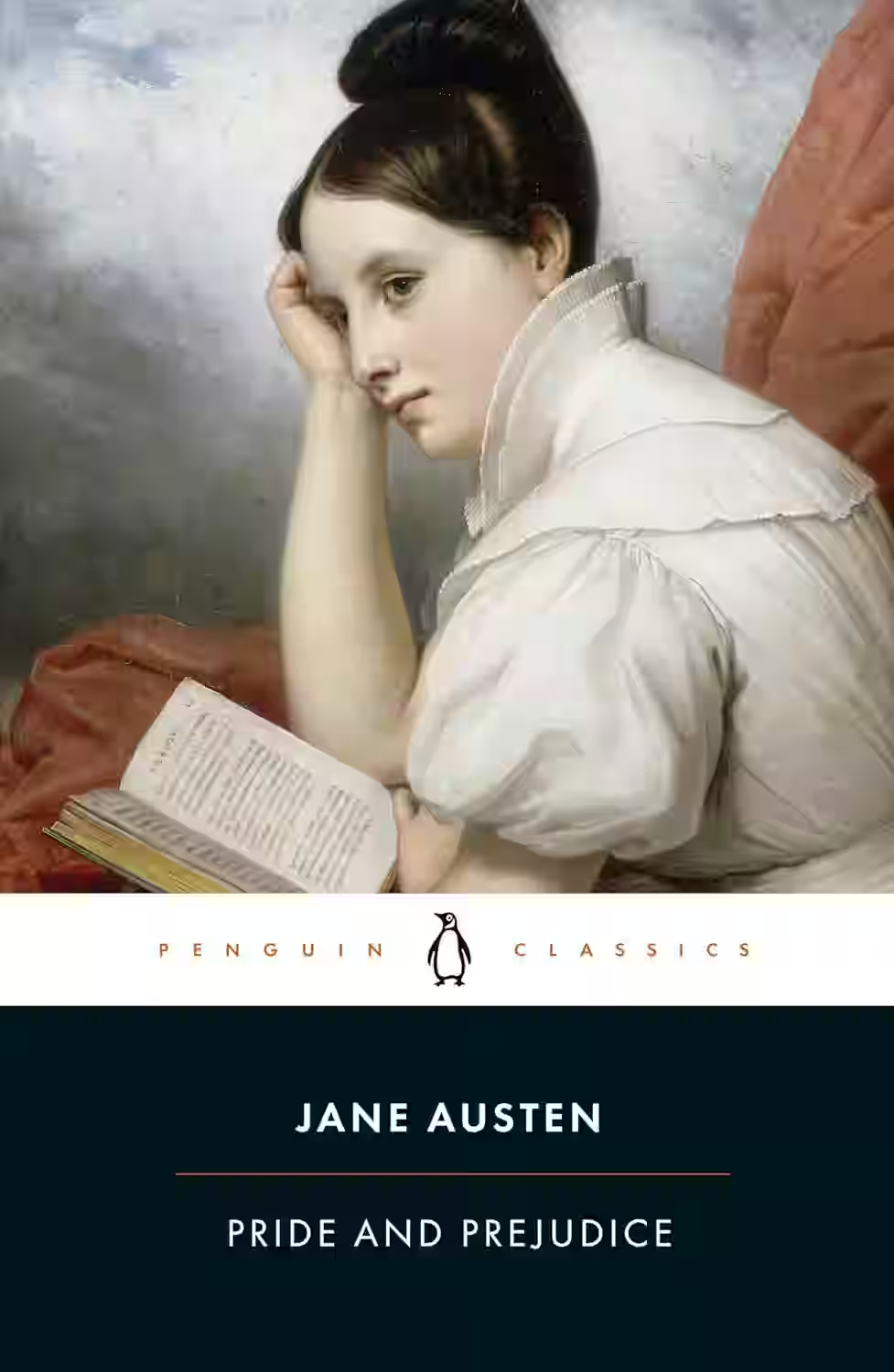
This beloved classic follows the spirited Elizabeth Bennet as she navigates love, marriage, and social status in Georgian-era England. When the wealthy and proud Mr. Darcy enters her life, their mutual prejudices create a complex dance of misunderstanding and growth. Through razor-sharp wit and social commentary, Austen crafts a timeless romance while critiquing class, marriage, and gender roles in 19th-century society.
Similar Books You Might Enjoy
If you enjoyed Pride and Prejudice, you might also like these books.
Discover your next great read from our curated selection of similar books.
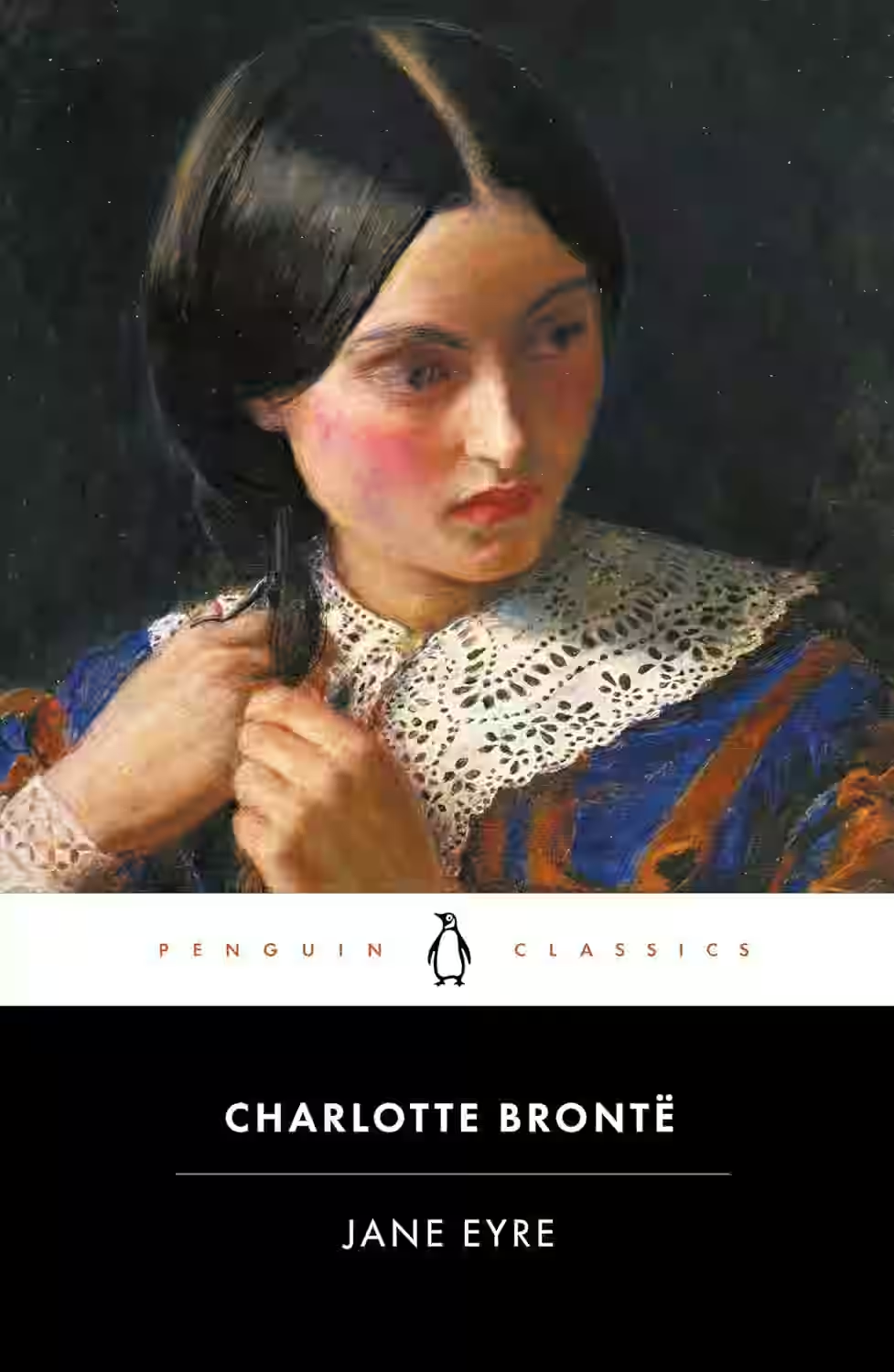
Charlotte Brontë’s Jane Eyre follows an orphaned girl who overcomes hardship and repression to find independence and love. As a governess at Thornfield Hall, Jane falls for the brooding Mr. Rochester, only to discover he harbors a dark secret. The novel explores themes of morality, autonomy, gender roles, and spiritual integrity. Noted for its strong, principled heroine and gothic atmosphere, Jane Eyre blends romance with social critique, cementing its place as a foundational feminist and literary classic.
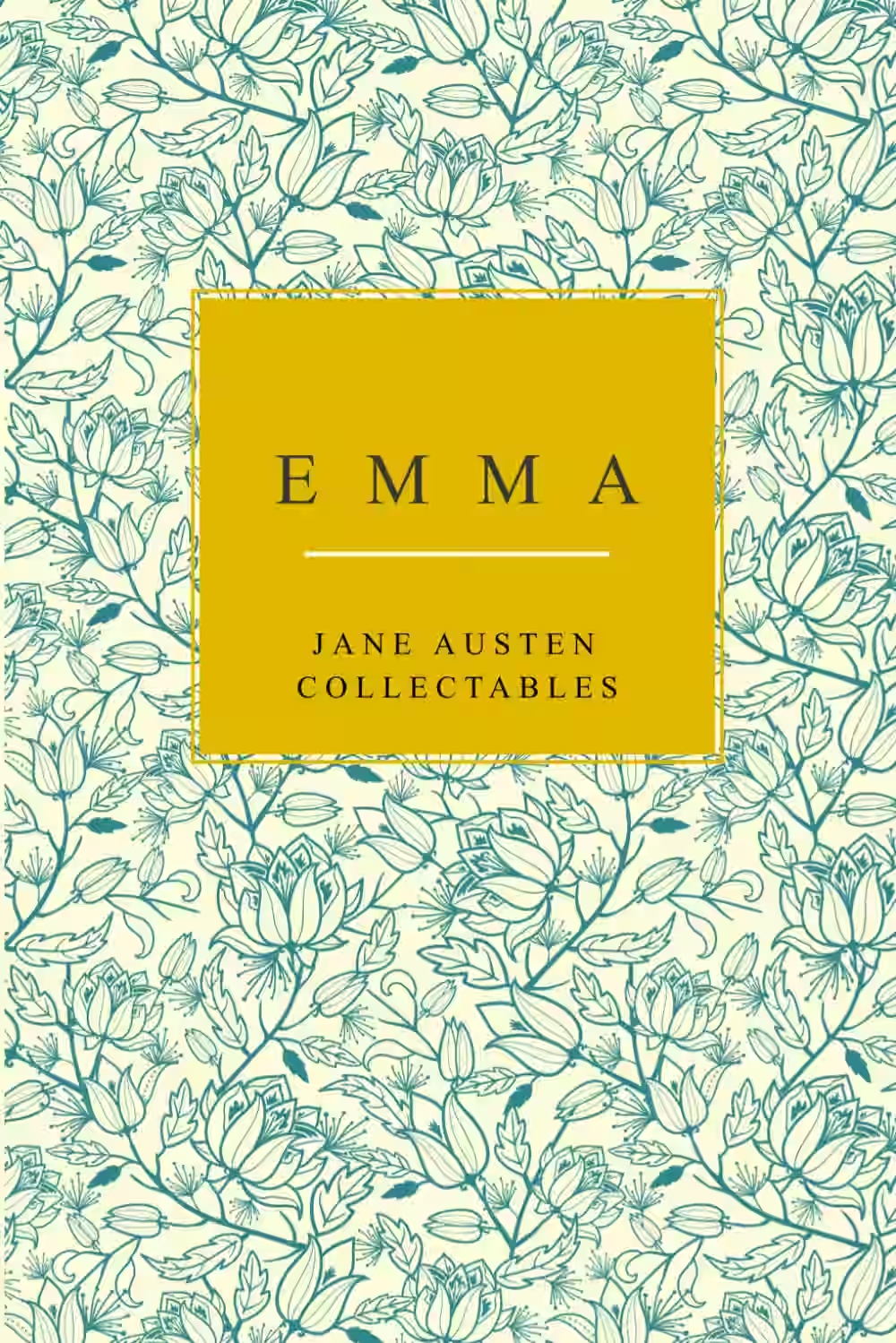
Emma
by Jane Austen
In Emma, Jane Austen crafts a witty and insightful portrait of a young woman who delights in matchmaking but misjudges her own feelings and those of others. Set in a quiet English village, the novel follows Emma Woodhouse as she navigates the social intricacies of love, class, and friendship. Though intelligent and charming, Emma’s meddling leads to misunderstandings that reveal her need for self-awareness. This classic novel explores personal growth and the pitfalls of pride with enduring humor and elegance.

Elizabeth Gaskell’s North and South follows Margaret Hale, who moves from rural southern England to the industrial northern town of Milton. There, she witnesses class struggles, factory life, and the tensions between labor and capital. As she clashes with and ultimately grows to respect mill owner John Thornton, the novel blends social commentary with a slow-burning romance. It explores issues of gender, class, and morality with empathy and nuance, offering a compelling portrait of industrial Britain during the Victorian era.
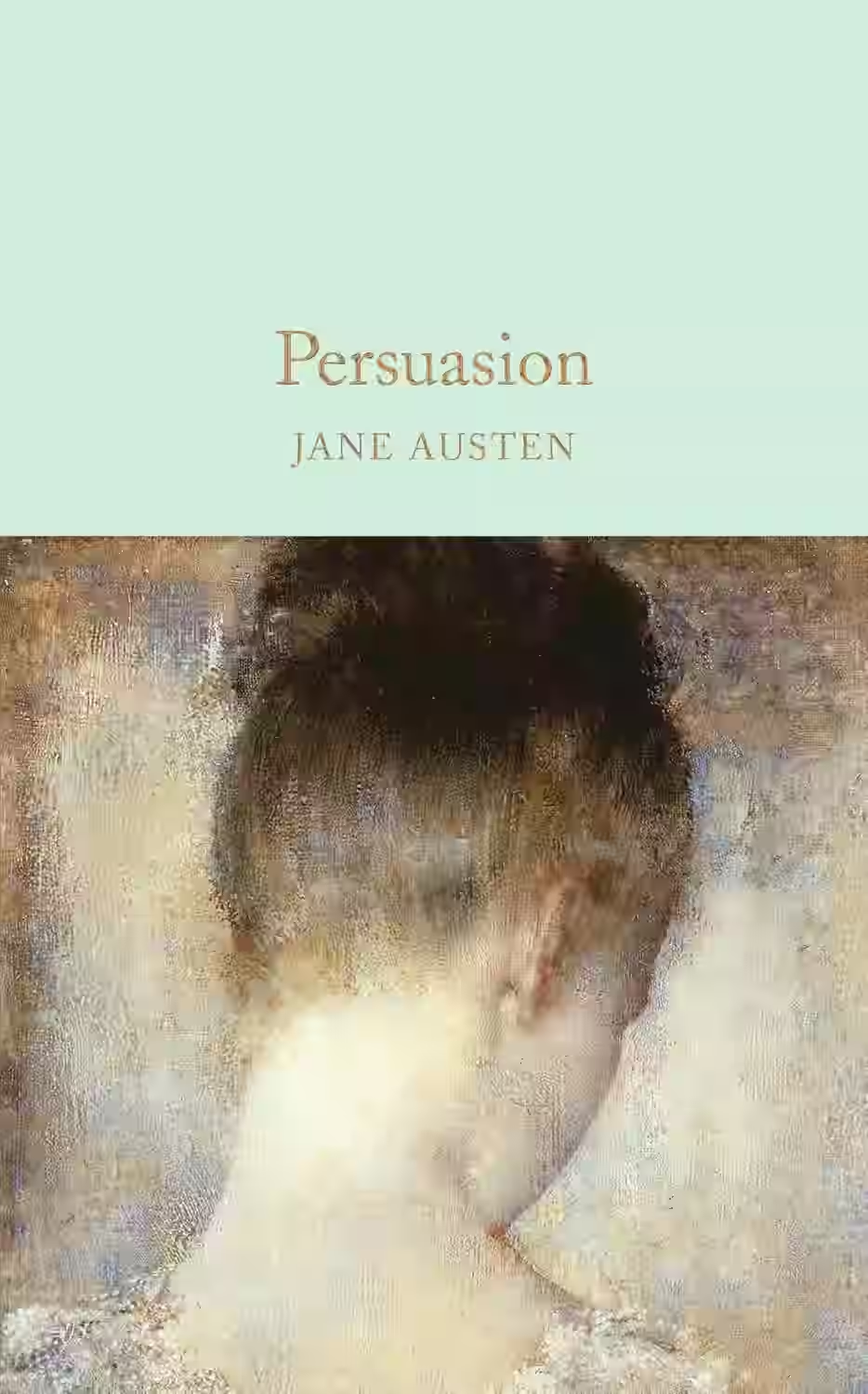
Jane Austen’s Persuasion is a quiet, mature romance about second chances. Anne Elliot, who once rejected the love of Captain Wentworth due to family pressure, encounters him again years later. Set against the backdrop of shifting social structures in early 19th-century England, the novel reflects on regret, resilience, and constancy. It is Austen’s final completed work and perhaps her most introspective, featuring a heroine whose emotional depth and intelligence reveal a nuanced view of love and personal growth.
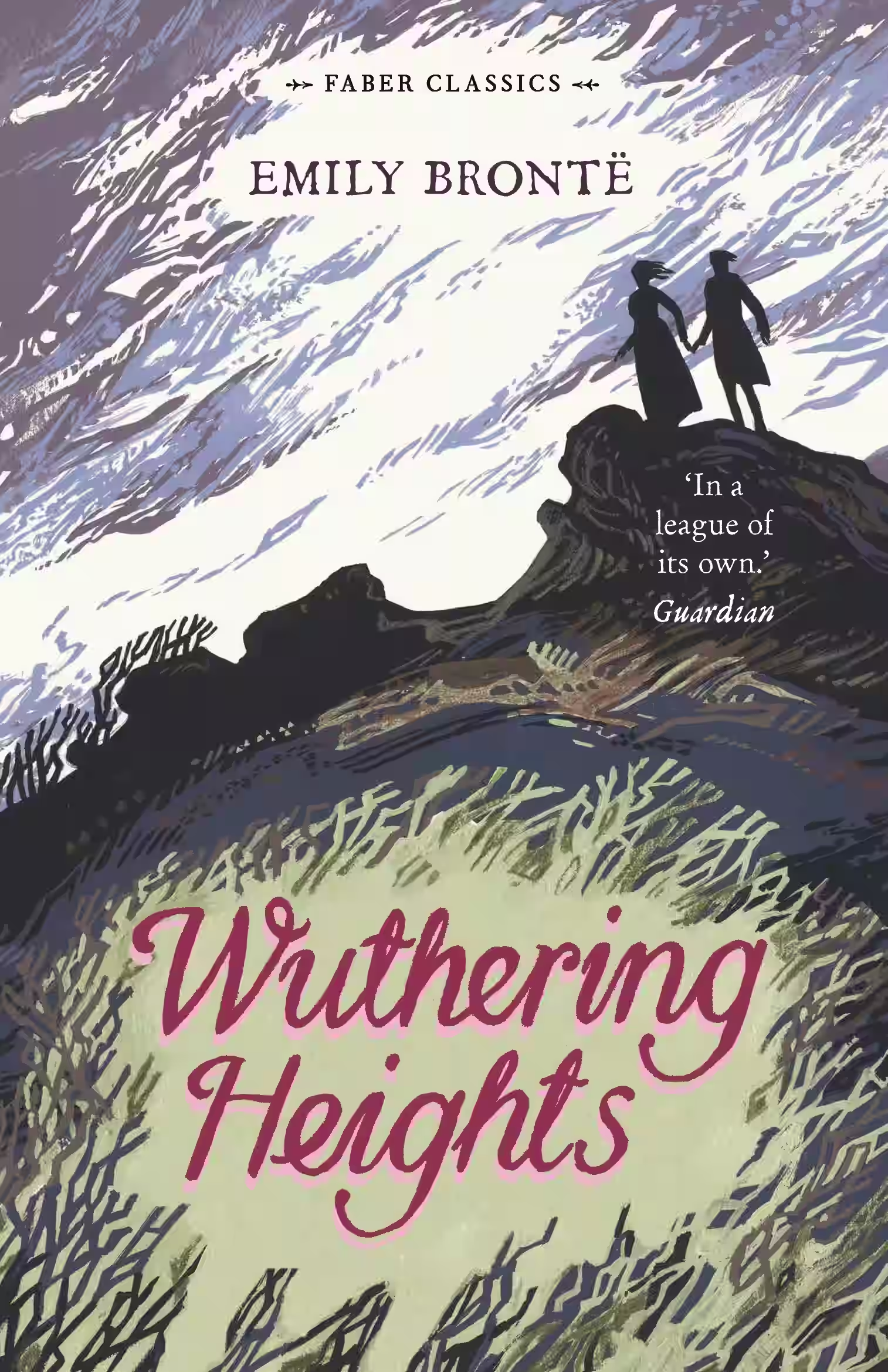
Emily Brontë’s Wuthering Heights is a dark, gothic tale of passion and revenge set on the Yorkshire moors. It tells the turbulent story of Heathcliff and Catherine Earnshaw, whose intense but doomed love leads to generational conflict and psychological torment. Narrated through nested perspectives, the novel explores themes of obsession, class, nature, and the supernatural. Despite its initial criticism, it has since become a literary classic known for its emotional intensity, atmospheric setting, and unorthodox structure.
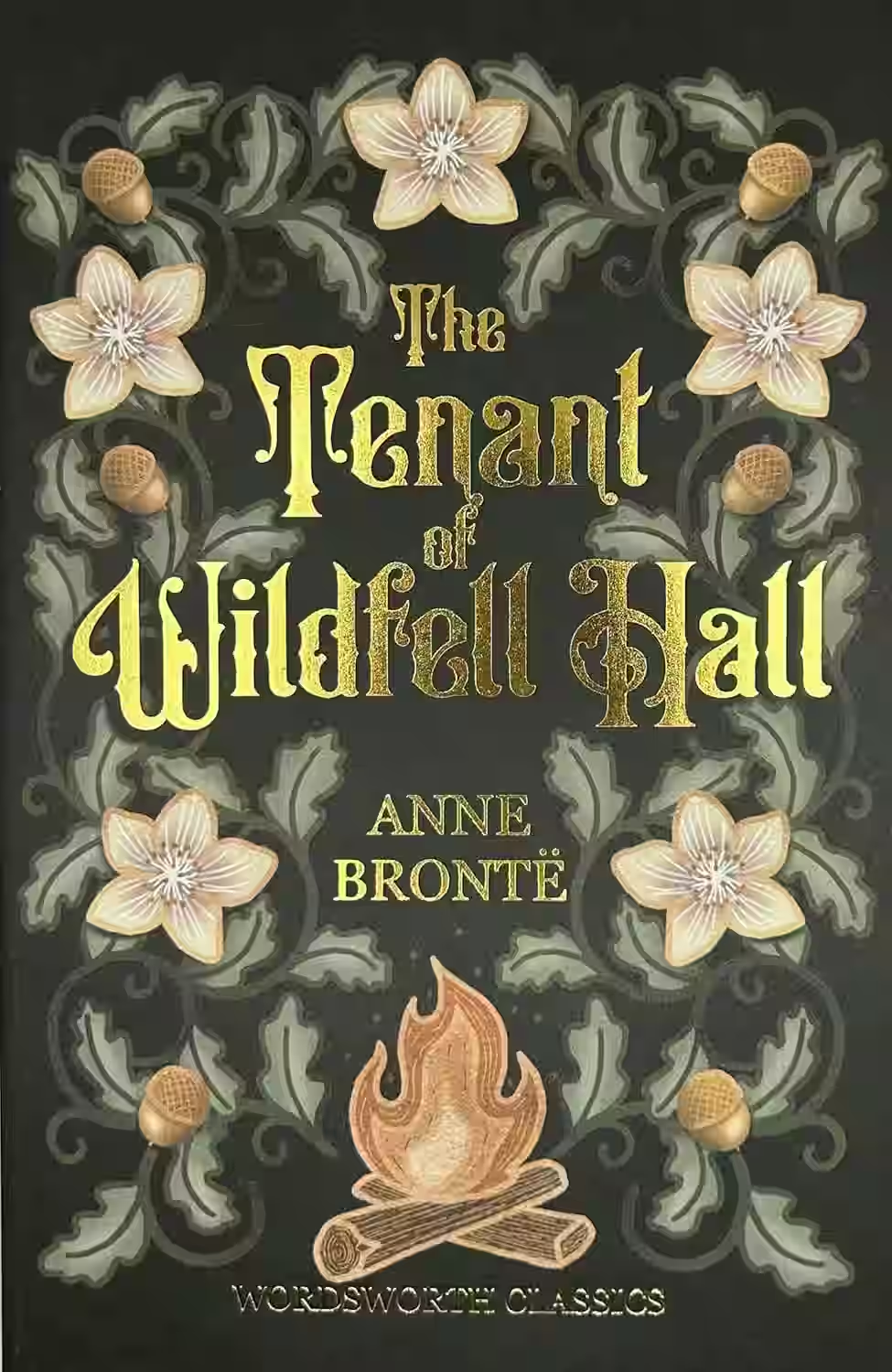
Anne Bronte's 'The Tenant of Wildfell Hall' is a gripping novel that challenges societal norms of the Victorian era. The story revolves around Helen Graham, a mysterious widow who takes up residence at Wildfell Hall, drawing curiosity and judgment from the community. Through Helen's diary entries, the novel delves into themes of abuse, liberation, and the limitations imposed on women in the 19th century. Bronte's unflinching portrayal of alcoholism and the consequences of toxic relationships makes this book a pioneering work in feminist literature. 'The Tenant of Wildfell Hall' offers a poignant exploration of personal strength in the face of societal pressure.
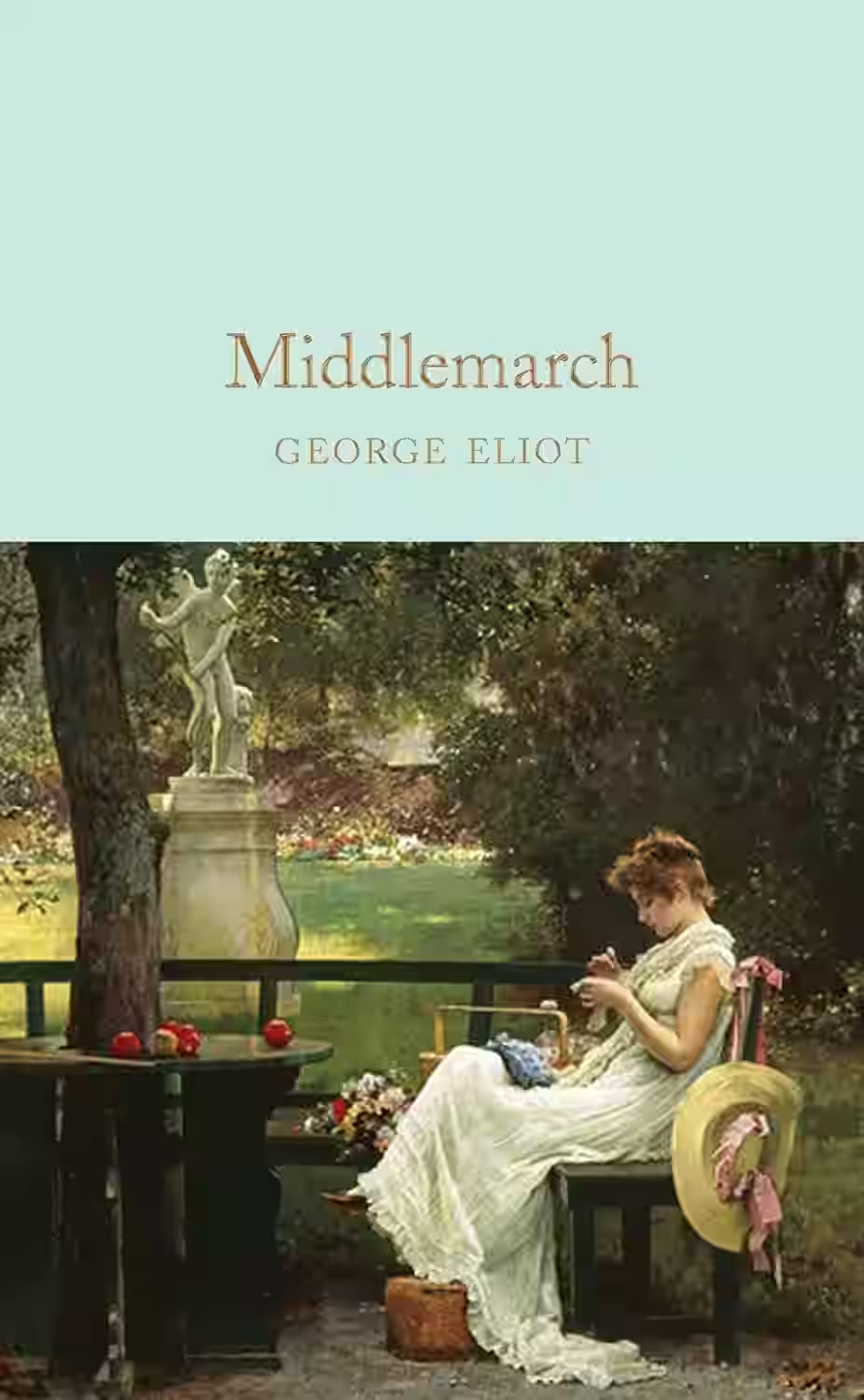
George Eliot’s Middlemarch is a deeply layered novel exploring the lives of residents in a fictional English town during the early 19th century. It centers on Dorothea Brooke, an idealistic woman seeking intellectual and spiritual fulfillment, and Tertius Lydgate, a reform-minded doctor. The novel examines marriage, ambition, politics, and the limitations of social convention. Renowned for its psychological realism and philosophical depth, Middlemarch is often hailed as one of the greatest English novels, offering a rich portrait of provincial life and moral complexity.
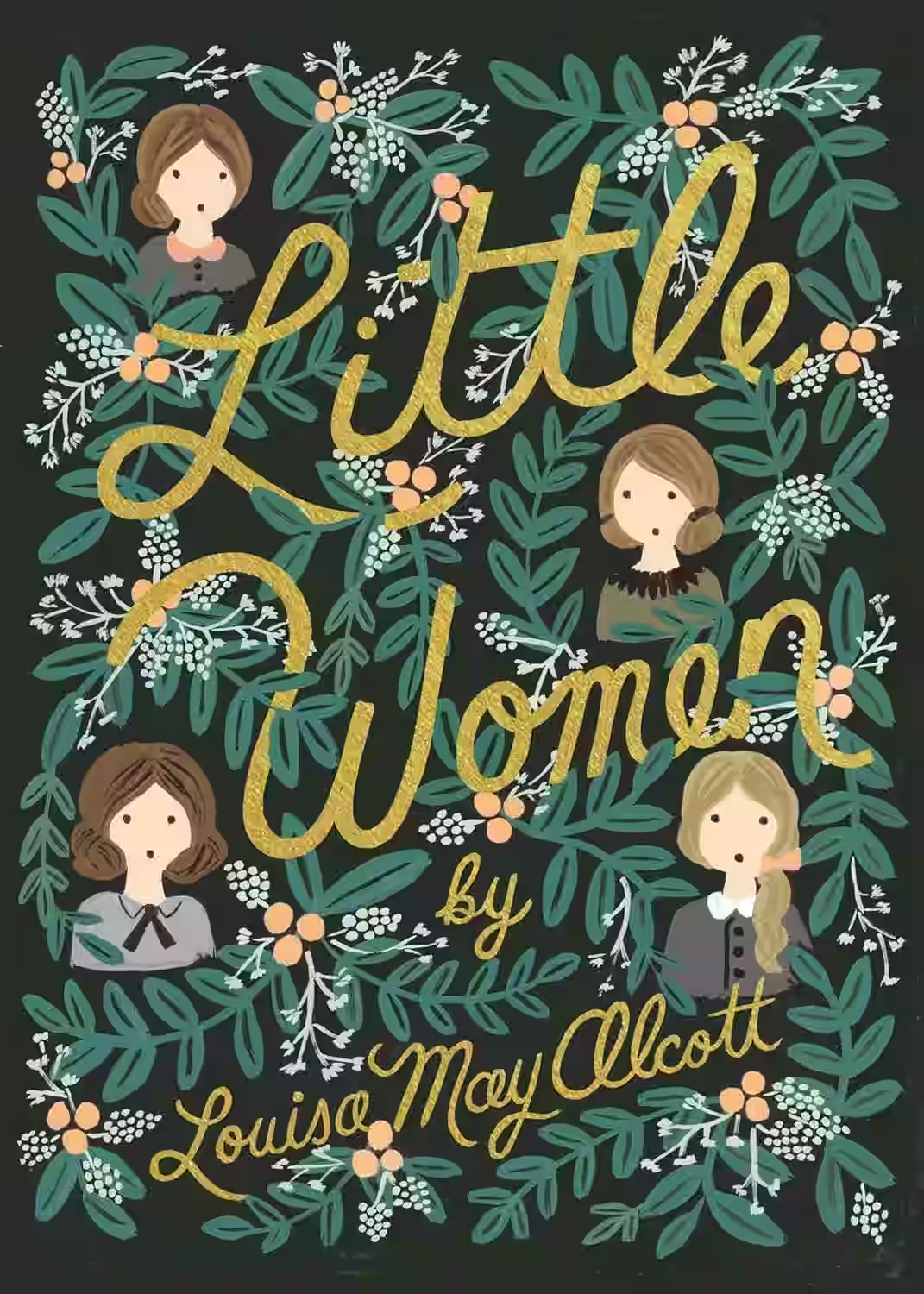
Louisa May Alcott's 'Little Women' is a timeless classic that follows the March sisters - Meg, Jo, Beth, and Amy - as they navigate love, loss, and the trials of growing up during the Civil War era. Through their individual journeys, the novel explores themes of sisterhood, feminism, societal expectations, and the pursuit of one's dreams. Jo, in particular, stands out as a resilient and ahead-of-her-time character, challenging traditional gender roles. Alcott's beautiful and poignant writing style draws readers into the March family's world, evoking both laughter and tears. 'Little Women' remains a beloved coming-of-age story that continues to inspire readers of all ages.
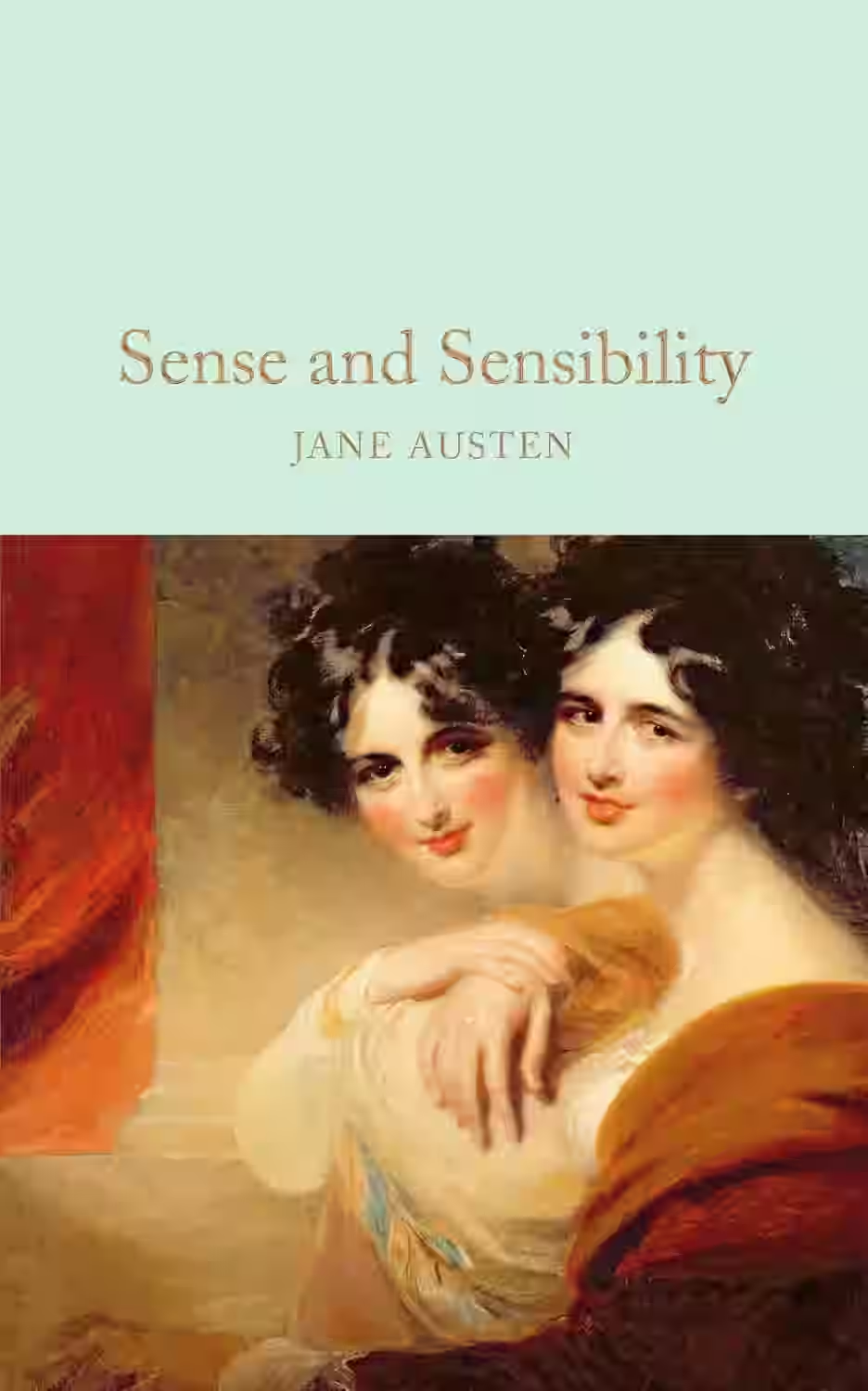
Jane Austen's 'Sense and Sensibility' explores the contrasting lives and philosophies of the Dashwood sisters, Elinor and Marianne. Set in 19th-century England, the novel delves into the themes of love, heartbreak, and sociopolitical constraints on women of that era. Elinor embodies 'sense,' with her pragmatic and composed nature, while Marianne represents 'sensibility,' guided by emotion and spontaneity. The sisters navigate the choppy waters of romance, betrayal, and societal expectations, each finding their own path to happiness. Austen's sharp wit and keen observations of human nature not only craft a compelling narrative but also critique the limitations imposed on women in her time. 'Sense and Sensibility' remains a timeless reflection on the balance between reason and emotion, and the enduring quest for personal fulfillment.
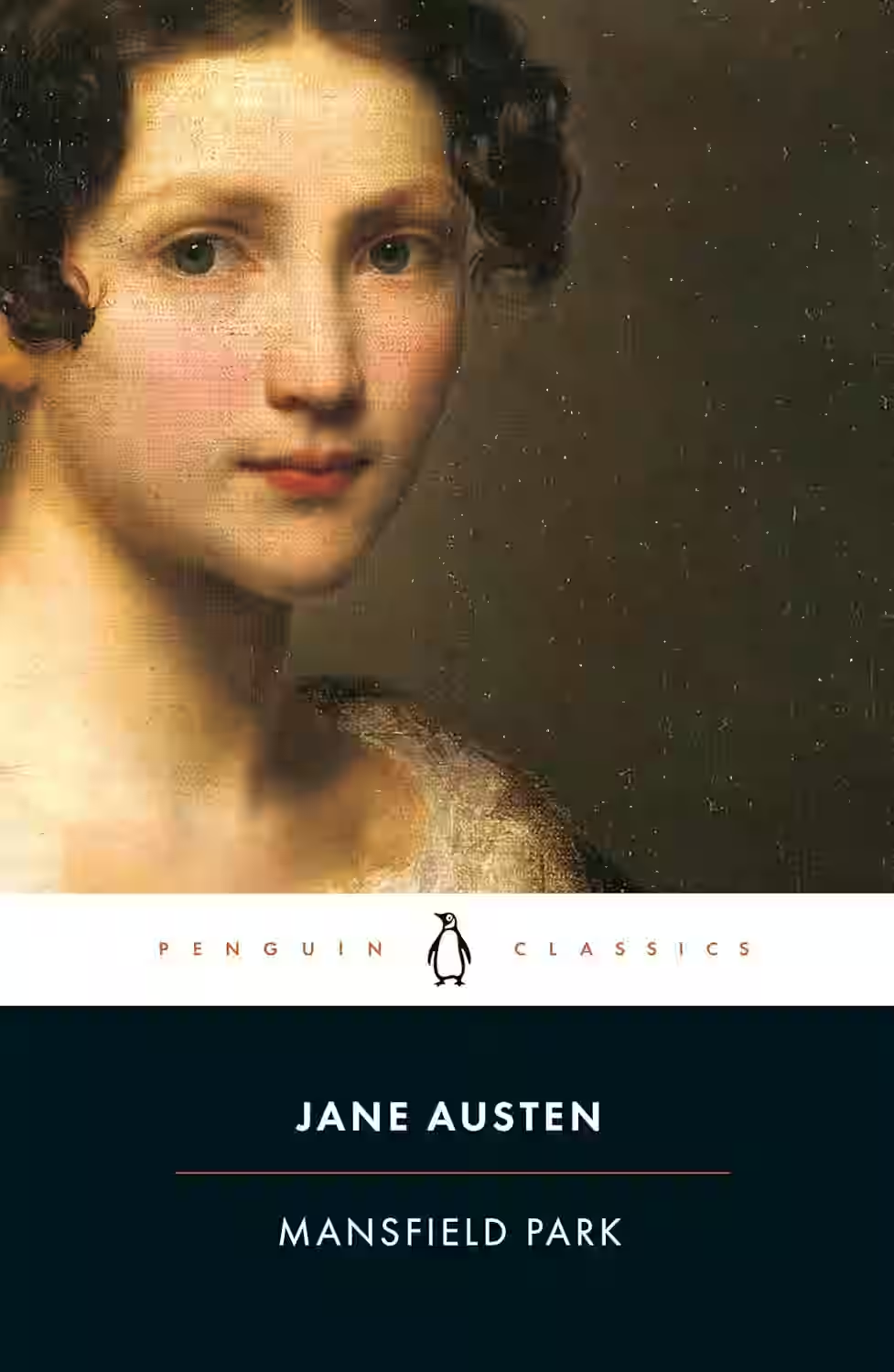
Jane Austen's 'Mansfield Park' intricately weaves a tale of class, morality, and personal growth through the experiences of Fanny Price, a timid and often overlooked young woman. Sent to live with her wealthy relatives at Mansfield Park at a young age, Fanny observes the intricate social dynamics and moral dilemmas that define the lives of those around her. The novel delves into themes of family, love, and the rigidity of social hierarchies, offering a critique of the societal values of Regency England. Unlike Austen's more light-hearted works, 'Mansfield Park' challenges readers with its somber tone and reflective examination of virtue, affording it a unique position in Austen's canon. Its exploration of Fanny’s internal struggles and the societal constraints she navigates remains impactful, engaging readers in a compelling narrative that questions the true nature of happiness and moral integrity.
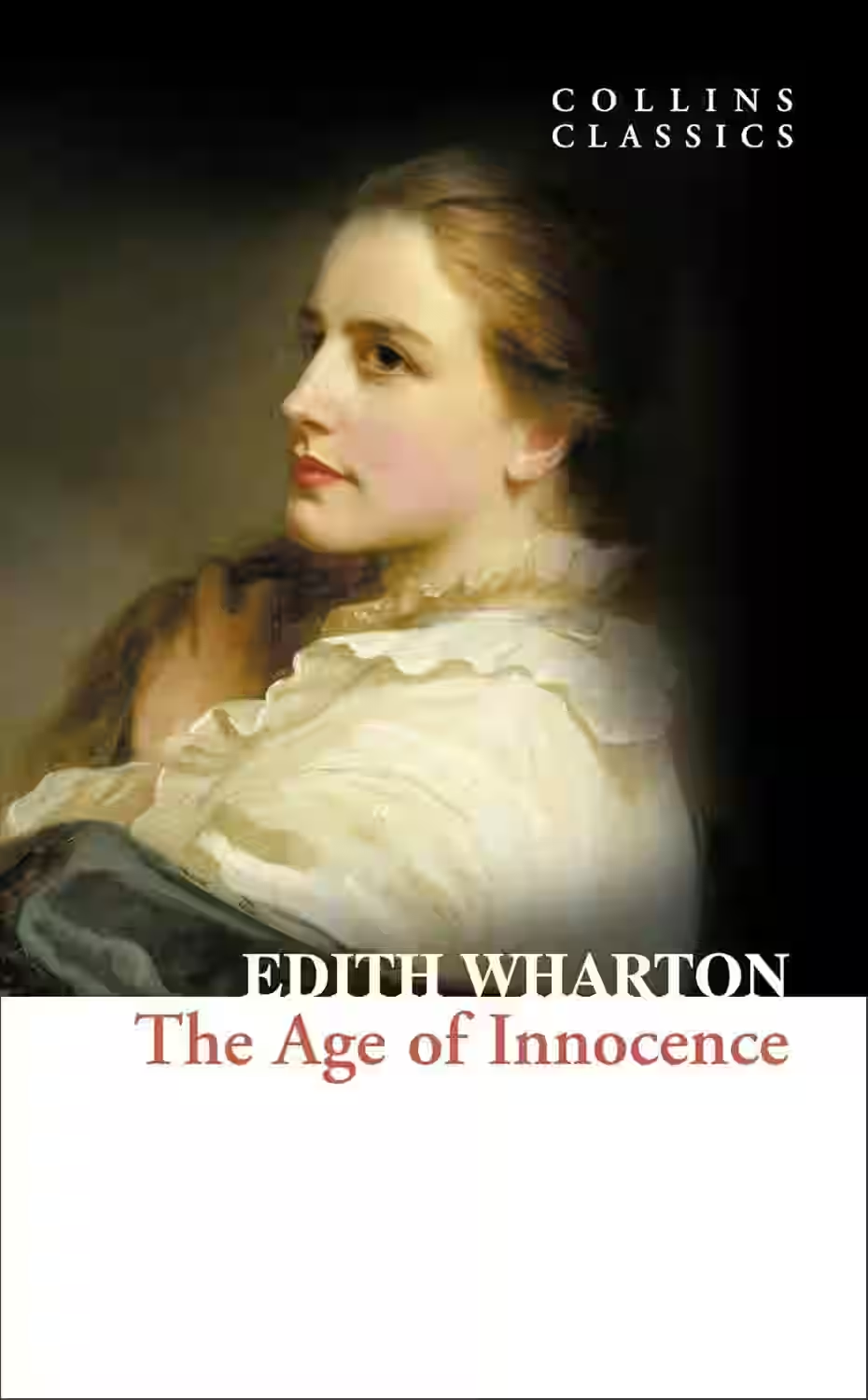
Edith Wharton’s "The Age of Innocence" is a profoundly evocative tale set against the opulent backdrop of 1870s New York high society. It explores the intricate social codes and the suffocating expectations that govern the lives of its characters. At the heart of the story is Newland Archer, a privileged lawyer, who is torn between his societal obligations and genuine passion when he becomes enamored with the unconventional Countess Ellen Olenska. Through its masterful portrayal of a society on the brink of transformation, Wharton critiques the rigidity of social norms while examining themes of duty, desire, and the price of true happiness. As the first woman to win the Pulitzer Prize for Fiction, Wharton’s nuanced narrative captivates with its wit, irony, and introspection, leaving readers to ponder the delicate balance between societal expectations and personal fulfillment.
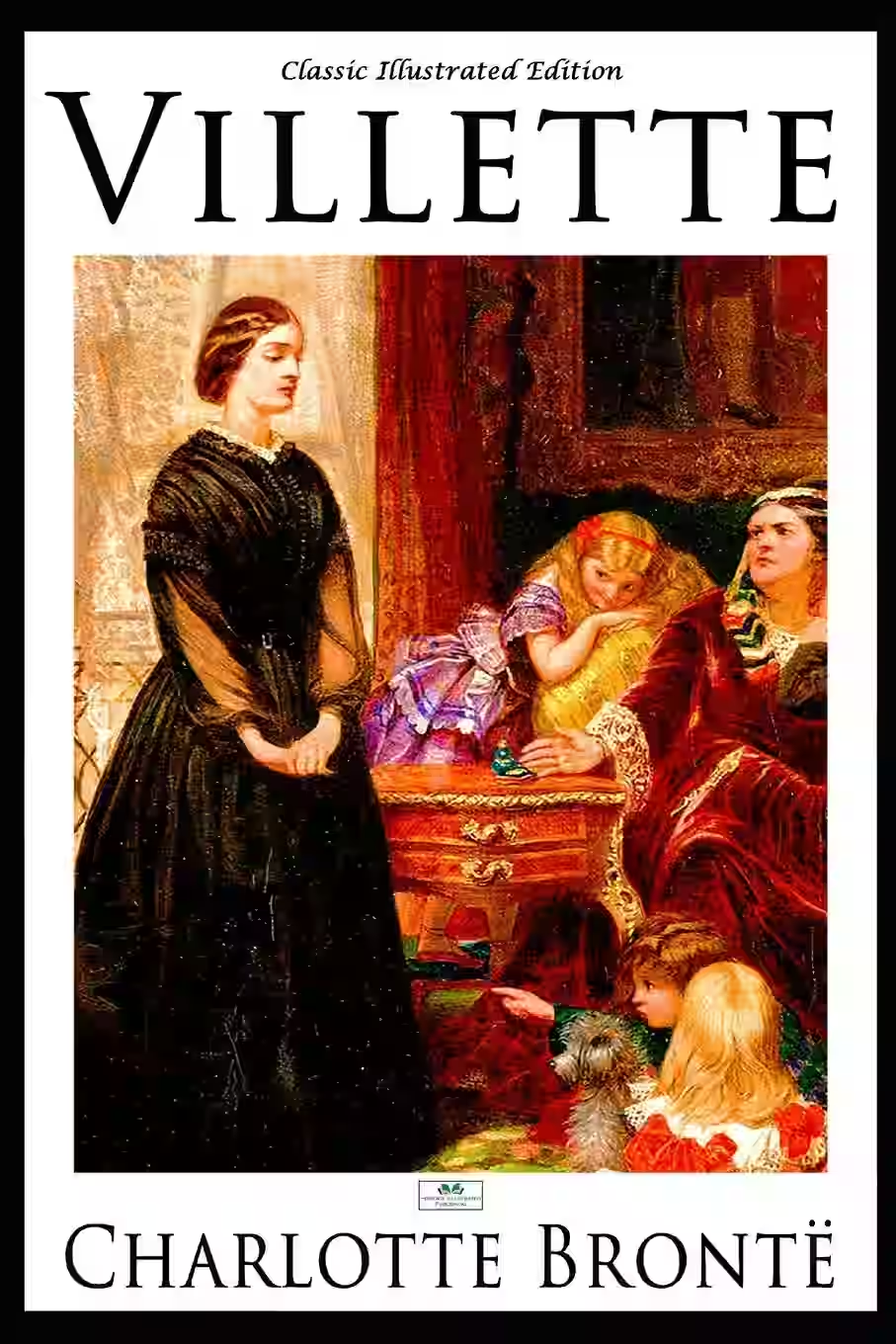
Charlotte Brontë's 'Villette' is a profound exploration of isolation, identity, and emotional resilience, set in an evocative Victorian backdrop. The novel follows Lucy Snowe, a resilient and introspective young woman, who leaves England to find her place in the small fictional town of Villette. As she navigates her role as a teacher in a girls' school, Lucy grapples with unrequited love, cultural dislocation, and personal ambition. Brontë masterfully delves into themes of loneliness and the struggle for self-determination, offering readers a rich psychological insight into Lucy's inner world. With vivid characterization and a narrative infused with Brontë's signature gothic undertones, 'Villette' challenges social norms and patriarchal constraints, leaving a lasting impact on its readers.